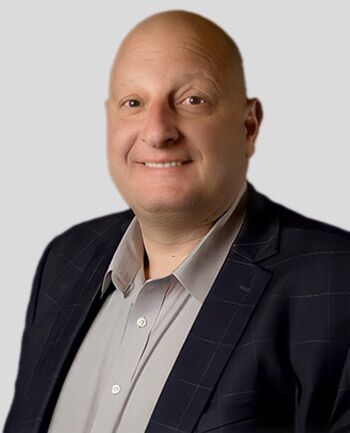
-
- monday: 8:00AM – 5:00PM
- tuesday: 8:00AM – 5:00PM
- wednesday: 8:00AM – 5:00PM
- thursday: 8:00AM – 5:00PM
- friday: 8:00AM – 5:00PM
Your Local CrossCountry Mortgage Loan Officer
Telli Panagakis
America’s #1 Retail Mortgage Lender
Hi, I’m Telli, and my team and I pride ourselves on open, transparent communication and quick turn times. We work diligently to ensure all parties enjoy a smooth, seamless transaction and walk away satisfied with their choice to use Team Telli for their mortgage goals. I believe working with clients is a privilege, and I keep their goal of achieving the American Dream at the forefront of everything I do.
I’ve been in the mortgage industry since 2001, with experience in both the purchase and refinance markets. My team has more than 30 years of combined experience, so you’re in good hands! Based in Itasca, Illinois, I’m proud to help clients achieve their homeownership dreams through America’s #1 Retail Mortgage Lender, which offers a wide range of refinance and purchase programs. I look forward to working with you and making your homeownership dreams a reality!
When I’m not working, I enjoy spending time with my wife and three children, hanging out with friends, and occasionally hitting the golf course.
Telli’s testimonials
My social posts
Calculate how much you can save if you refinance your mortgage
This calculator is being provided for educational purposes only. The results are estimates based on information you provided and may not reflect CrossCountry Mortgage, LLC product terms. The information cannot be used by CrossCountry Mortgage, LLC to determine a customer’s eligibility for a specific product or service.
Frequently asked questions
-
Refinancing costs typically range from 2% to 6% of the loan amount and include fees such as appraisal, title insurance, and closing costs. Factors like your loan type, location, and credit score can significantly impact these expenses. Our team can help to provide strategies that can help minimize costs.
-
To determine how much home you can afford, you’ll want to assess your financial situation. This includes your income, expenses, and debt-to-income ratio, to ensure your mortgage fits comfortably within your budget. A general guideline is to spend no more than 28% of your gross monthly income on housing costs and 36% on total debt.
-
A good credit score typically starts at 620 for conventional loans, while FHA and VA loans may accept scores as low as 500, though higher scores offer better terms. A strong credit score can help you secure lower interest rates, saving you significant money over the life of a home loan.
-
A Home Equity Line of Credit (HELOC) is a revolving line of credit that allows homeowners to borrow against the equity in their home. HELOCs function like a credit card, giving access to funds up to a set limit, which can be used for expenses like renovations or debt consolidation. You only pay interest on the amount you borrow, and the repayment terms typically include a draw period followed by a repayment period.
-
To calculate your mortgage payments, start with your loan amount, interest rate, and loan term. Your payment will depend on the interest charged over time and the repayment schedule. You can use a monthly mortgage payment calculator or connect with us to learn more.




